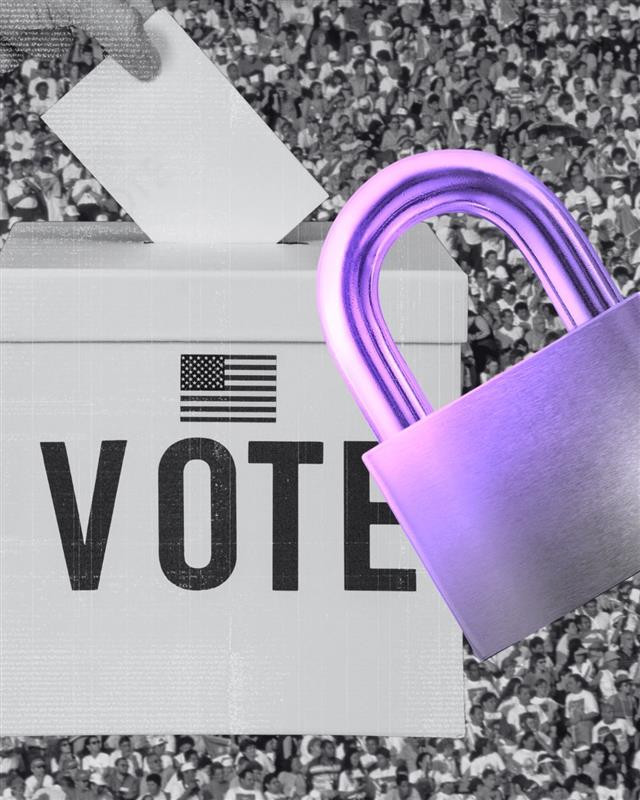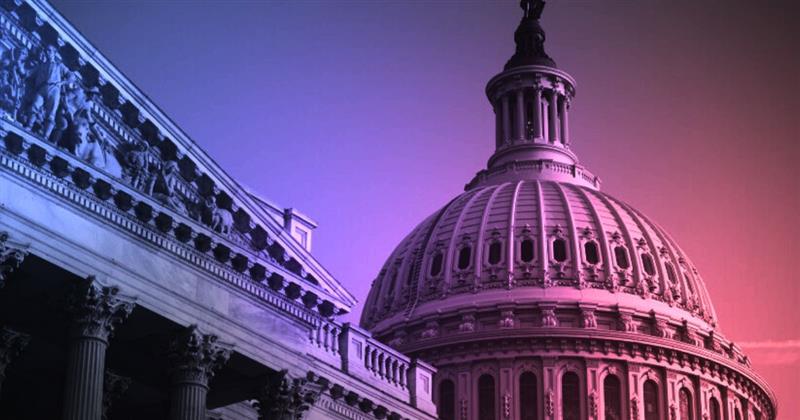As the 2024 election nears, both major candidates' proposals would add trillions to the national debt.
The Big Picture
With the presidential election coming to a close, an analysis of campaign proposals from both major candidates reveals alarming projections for the national debt. The Committee for a Responsible Federal Budget estimates that Donald Trump’s policies would add $15 trillion over ten years, while Kamala Harris’s proposals would add $8.1 trillion. The reckless disregard for fiscal responsibility threatens long-term economic stability.
Zooming In
The alarming projections for national debt
According to the Congressional Budget Office (CBO), the FY 2024 deficit reached $1.834 trillion. Even under current law, the budget deficit is expected to reach $2.861 trillion by 2034, with the total public debt rising to over $50 trillion. This growing debt is primarily driven by Social Security, Medicare, Medicaid, and net interest payments.
Rising interest rates and economic impact
As the federal government issues more debt, higher interest rates will follow to maintain demand for Treasury securities. This will lead to higher borrowing costs for homebuyers, businesses, and individuals, further straining the economy. The cost of living will continue rising if Congress does not modernize entitlement programs to curb excessive spending.
Warnings from financial institutions
Credit rating agencies have already raised concerns about America's fiscal outlook. In 2011, Standard & Poor’s downgraded the U.S. credit rating, citing concerns over Congress’s inability to manage the deficit. Similarly, other financial analysts have warned that excessive borrowing could lead to a sovereign debt crisis.
Data Snapshot
- Projected U.S. debt in 2034: $50+ trillion
- Social Security, Medicare, Medicaid, and net interest will consume 66.4% of federal spending by 2034
- Trump’s policies would add $15 trillion to the debt over 10 years
- Harris’s policies would add $8.1 trillion to the debt over 10 years
Independent Lens
Independent voters must demand accountability from both parties when it comes to fiscal responsibility. Ignoring the debt crisis for political gain will have severe consequences for younger generations, especially Millennials and Gen Z. Reforming Social Security and Medicare, while ensuring economic stability, is critical to preventing further financial instability.
Staying informed and advocating for bipartisan fiscal reforms is essential. To stay updated on independent voter perspectives and national policy issues, subscribe to our newsletter.


.jpeg)


.jpg)